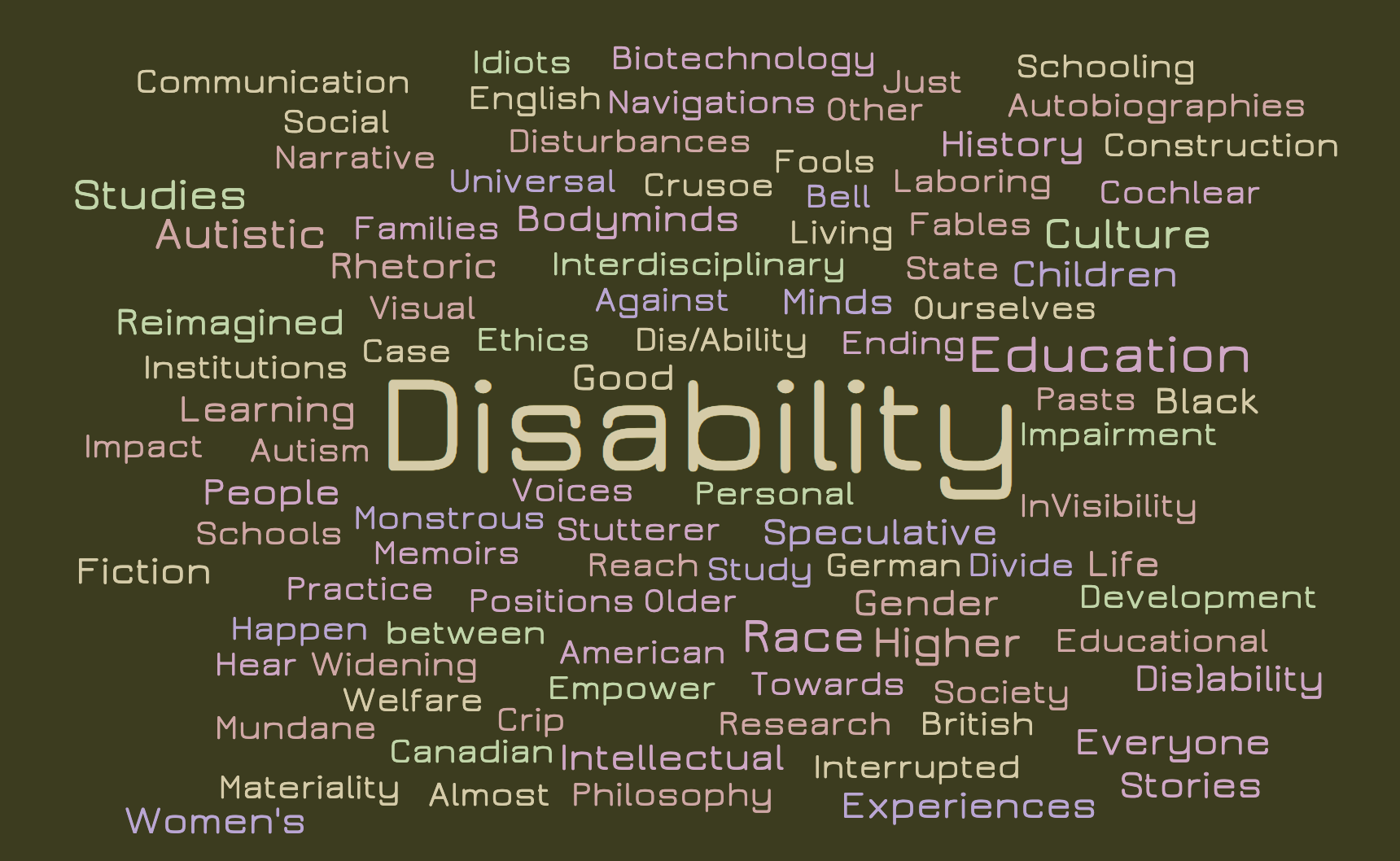He had an idea. In 2014, Jay Dolmage published Disability Rhetoric (U. Michigan Press). It was (and still is) a field-shaping book for those of us who do work at the intersections of disability studies and rhetorical studies (history, theory, practice). Dolmage's central chapter of that book was simply titled, "Métis." In that 47-page chapter, Dolmage carries out a kaleidoscopic delivery of the shape-and-sense-shifting potentiality of disability: métis made manifest. Dolmage's idea — disability as/and métis— has brought attention to the embodied nature of all rhetorical acts. Complex bodies create meanings and double meanings. These bodies—our bodies—live strategically to author, define, and redefine our lives. Dolmage explains that "métis demands a focus on embodied rhetoric and, specifically, demands a view of the body and its thinking as being double and divergent. Métis is the rhetorical art of cunning, the use of embodied strategies, what Certeau calls everyday arts, to transform rhetorical situations." This concept prompts us to consider the central project of both rhetoric and disability studies.
The five brief articles in this special section on métis respond to Dolmage's chapter and illustrate work in rhetoric/disability studies that continues to emerge from Dolmage's generative idea. These five essays were originally presented in a panel sponsored by the Disability Studies Standing Group at the 2019 Conference on College Composition and Communication (CCCC). The authors would like to thank the members and leadership of the DS-SG for sponsoring the panel and working tirelessly to promote access and disciplinary awareness of disability studies at CCCC.
We had an idea too. When we became the co-editors of DSQ (Spring 2018) we knew we wanted something more with the book reviews, something that would give more weight to the quality and quantity of work in Disability Studies across so many presses, genres, topics, and disciplinary approaches. We dreamed up DSQ-R: a full issue of DSQ that would be devoted, annually, to the primary work of recently published books in our vast field. Instead of burying book reviews somewhat at the long scroll's end of a quarterly issue's table of contents, we wanted them in bulk, with more impact.
We began the process in early Summer 2019 by distributing an Open Call with a spreadsheet (that sadly, wasn't very accessible and we apologize for that) for any and all to come in and claim texts they wanted to review. The response was satisfying, if not also a bit overwhelming!
Welcome then to the first impactful issue of DSQ-R! There are 38 book reviews in this issue and they total 44,163 words! (Yes, we counted.) It is a cloud of words, to be sure! And it looks like many things…
We created a word cloud piece from just the 38 book titles:
Here is our quick Rorschach reading of what we imagine from this cloud (we've looked at clouds this way): Disability, not surprisingly, is the central term.
The placement of these words suggests the complex experiences of disability, not just in binary negative or positive terms. The cloud resists an easy or tidy narrative. We locate both Impairment and Good next to the central term of Disability, suggesting both generative potential and complexity, but also the palpable presence of the medical model.
Nouns get narrated more and the "thingness" and topical connections within disability studies are drawn out. But the verbs that are there are quite powerful: Crip, Empowerment, Interrupted, Reimagined, Laboring.
Communication, Schooling, Women's and Experiences are like the push pins tethered at the borders, holding up the flyer.
The seeds of Stories and Experiences pop up everywhere: Narrative, Memoir, Personal, Autobiographies, Construction, Reimagined.
Pronouns (of a sort) populate the cloud's narrative: Everyone, People, Ourselves, Other
Medical & biotechnology residue persists: Autistic, Autism, Cochlear, Case.
Education still lectures loudly: Education, Educational, School, Schooling, Studies, Learning, Institutions, Development, Practice.
National identities are marked: Canadian, American, German, British.
Surely you imagine and sense some things as well from the cloud?


